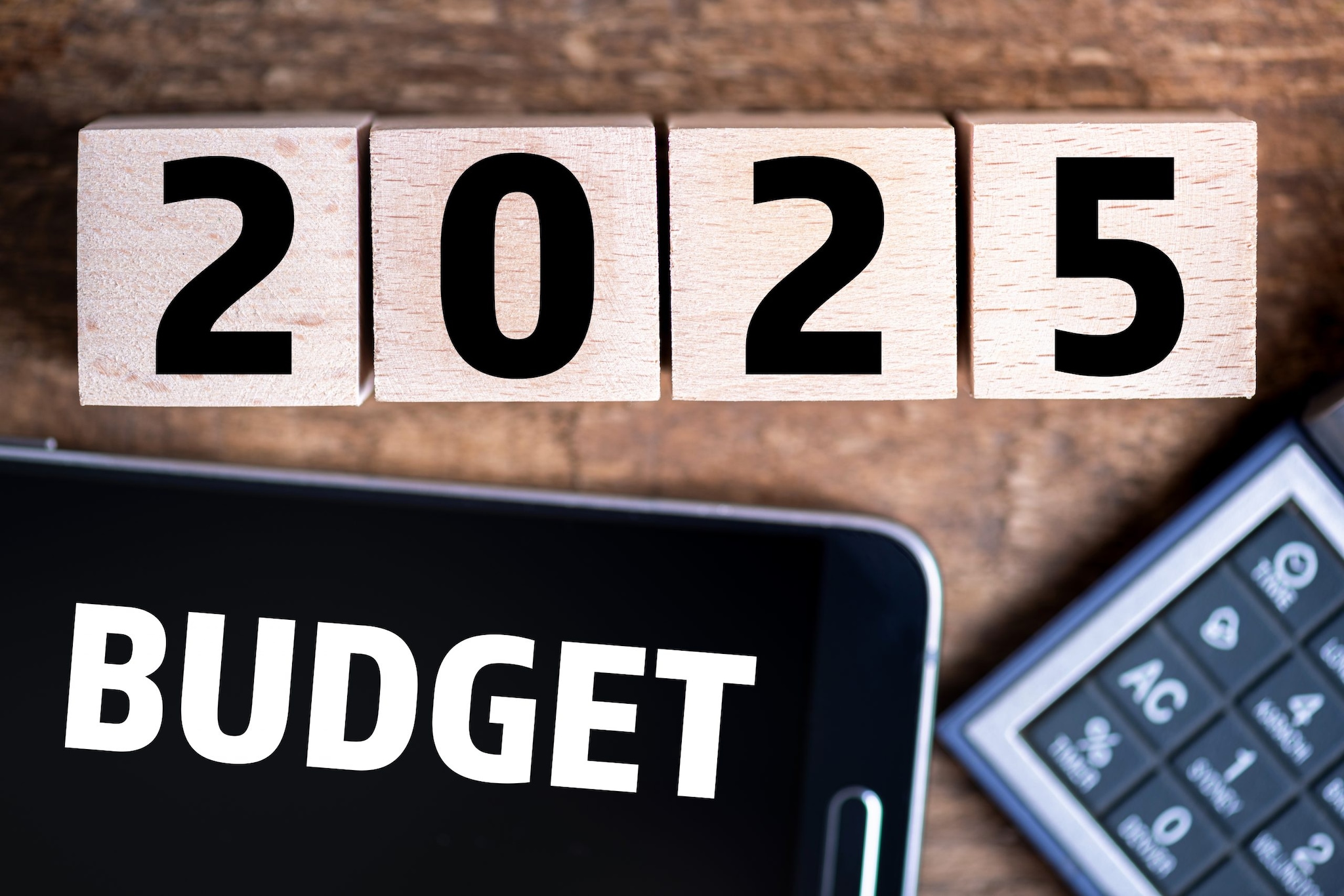
| Company | Value | Change | %Change |
|---|
From resource allocation to tackling inequality, stimulating business growth, and generating jobs, the Budget brings with it the promise of addressing key challenges and setting a strategic course for India’s economic growth and stability.
It forms an important tool in resource allocation, economic growth, job creation, and public welfare. It serves as a holistic financial plan, balancing the needs of sectors as diverse as agriculture, health, education, infrastructure, and industry. In a country as dynamic and diverse as India, the Budget is important in ensuring inclusive progress and tackling unemployment, inflation, and regional imbalances.
But why is a Budget so vital for any government—whether central or state? Let’s break it down:
Resource Allocation
The most important task in preparing a Budget is the strategic allocation of resources. The government identifies sectors that require immediate attention and allocates funds to address these needs. By using past data and identifying areas of economic vulnerability, the Budget ensures that resources are directed toward sectors that need them the most. This systematic allocation ensures that critical sectors, such as healthcare, education, and infrastructure, receive necessary support.
Much like a household budget, the Union Budget ensures that the government’s spending aligns with its priorities and available resources for the coming financial year.
Fostering Economic Growth
The Budget serves as a tool to regulate taxation across various sectors, offering tax rebates and subsidies to encourage savings and investments. This, in turn, drives economic activity and contributes to the nation’s overall growth. By focusing on both short-term goals and long-term economic strategies, the government can foster prosperity, create an environment conducive to business, and stimulate job creation.
Fiscal Discipline
Maintaining fiscal discipline is crucial for a nation’s economic health. The Union Budget outlines the government’s plans for revenue generation and expenditure, ensuring that spending aligns with available resources. This approach helps in managing the fiscal deficit and maintaining macroeconomic stability.
Reducing Economic Disparity
The Union Budget also provides an opportunity for the government to address economic inequality. Through targeted welfare policies and schemes, the Budget can uplift the underprivileged sections of society, ensuring a more inclusive economy. The government can introduce social security measures, rural development programs, and financial inclusion initiatives that promote equal opportunities for all citizens.
Policy Implementation
The Union Budget is instrumental in implementing government policies. It provides the financial resources necessary for the execution of various schemes and programs aimed at societal welfare and economic development. For instance, the upcoming Budget is expected to focus on measures like income tax cuts to stimulate economic growth and enhance government schemes aimed at boosting rural incomes.
Impact on Business and Trade
Businesses closely monitor the Union Budget as it outlines how resources will be allocated across different sectors of the economy. By understanding the government’s focus areas, businesses can adjust their strategies and contribute to the economic growth of the nation. Whether it’s through tax incentives, policy changes, or sectoral developments, the Budget acts as a roadmap for business planning and decision-making.
Promoting Employment
A well-planned Union Budget ensures that growth is inclusive and sustainable. By targeting key sectors and introducing policies aimed at fostering their development, the Budget can generate employment opportunities. The government’s focus on infrastructure, manufacturing, and technology sectors, for example, can create jobs across a range of industries, helping reduce unemployment and support the country’s workforce.
Public Welfare
Through targeted welfare policies and schemes, the Budget addresses economic inequality and uplifts underprivileged sections of society. This ensures a more inclusive economy, promoting equal opportunities for all citizens.

